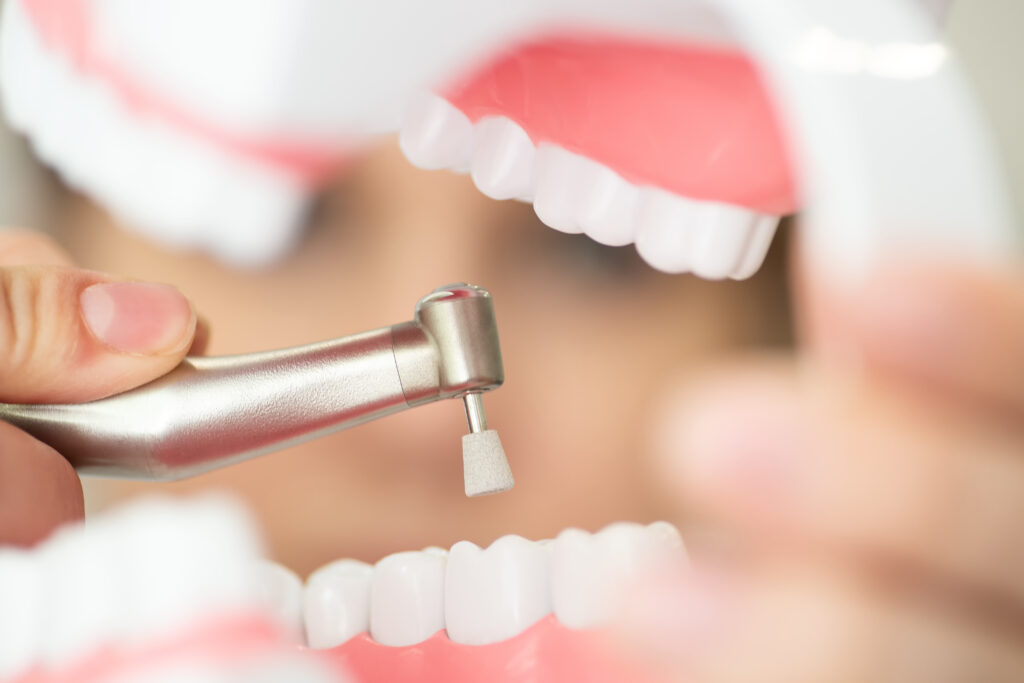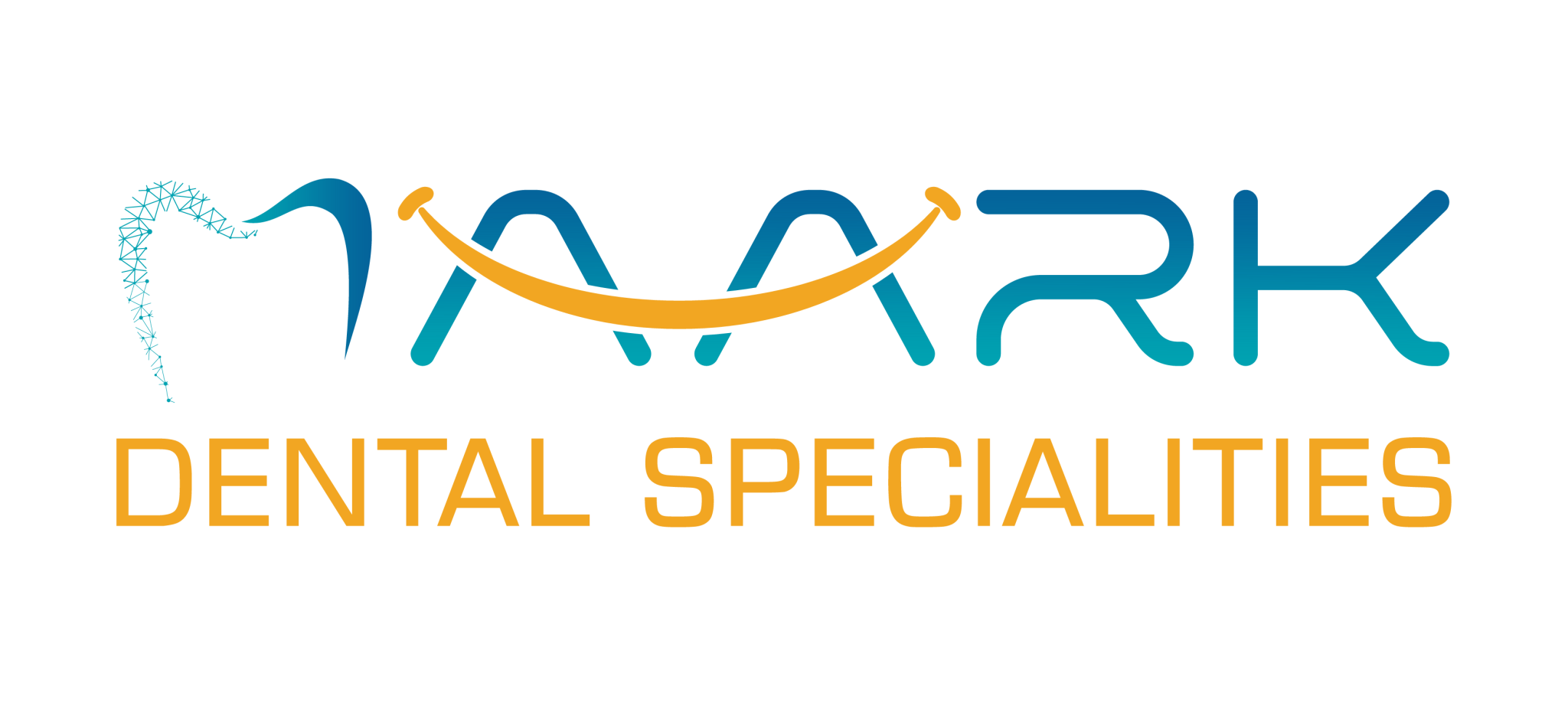Professional Dental Cleaning

Essential Care for a Healthy Smile
Regular dental cleanings performed by a skilled dentist are a cornerstone of maintaining optimal oral health. These professional cleanings go beyond your daily brushing and flossing routine to address plaque and tartar buildup, which can accumulate in hard-to-reach areas of your mouth. By investing in this preventive measure, you can significantly reduce the risk of gum disease, cavities, and other dental issues. Dental cleanings are typically recommended every six months, although your dentist may adjust the schedule based on your unique dental needs.
The Professional Dental Cleaning Process:
- Initial Assessment: At the beginning of your appointment, a dentist will perform an initial assessment of your oral health. They will review your medical history, discuss any concerns or changes in your oral health, and assess the condition of your teeth and gums.
- Plaque and Tartar Removal: Plaque is a sticky film of bacteria that continuously forms on your teeth. If left untreated, it can harden into tartar (also known as calculus), which cannot be removed with regular brushing and flossing. The dental hygienist uses specialized instruments to gently and effectively remove plaque and tartar buildup from the surfaces of your teeth, especially in areas that are challenging to reach with a toothbrush.
- Scaling: Scaling is the process of carefully removing tartar both above and below the gumline. This step is crucial for preventing and treating gum disease, as tartar buildup can lead to inflammation and infection of the gums.
- Tooth Polishing: After plaque and tartar removal, your teeth will be professionally polished. Polishing helps remove surface stains and leaves your teeth feeling smooth and clean. It also contributes to a brighter smile.
- Fluoride Treatment (Optional): Some dental cleanings may include a fluoride treatment. Fluoride helps strengthen your tooth enamel and can be applied as a varnish or gel. It provides added protection against cavities.
- Oral Health Education: During your cleaning, the dentist may offer guidance on proper brushing and flossing techniques. They can also provide advice on oral care products and strategies tailored to your needs.
Benefits of Professional Dental Cleaning:
- Preventive Care: Dental cleanings are a crucial preventive measure to reduce the risk of gum disease, cavities, and other dental issues.
- Tartar Removal: Professional cleanings effectively remove tartar, which cannot be eliminated through regular oral care practices.
- Improved Oral Health: Regular cleanings contribute to overall oral health by maintaining healthy teeth and gums.
- Oral Cancer Screening: Dental professionals often include an oral cancer screening as part of the assessment during your cleaning appointment, enhancing early detection and treatment.
- Personalized Care: Your dentist can tailor their recommendations and advice based on your specific oral health needs and concerns.
Maintenance and Schedule:
To maintain optimal oral health, it’s essential to adhere to your dentist’s recommended schedule for professional dental cleanings. For many individuals, cleanings are advised every six months, but your dentist may suggest a different frequency based on factors such as your oral health history, risk factors, and current condition.
In conclusion, professional dental cleanings performed by a dentist are a fundamental component of a healthy smile. By attending regular cleanings and following the advice of your dental care team, you can enjoy the benefits of improved oral health and a beautiful smile for years to come.


